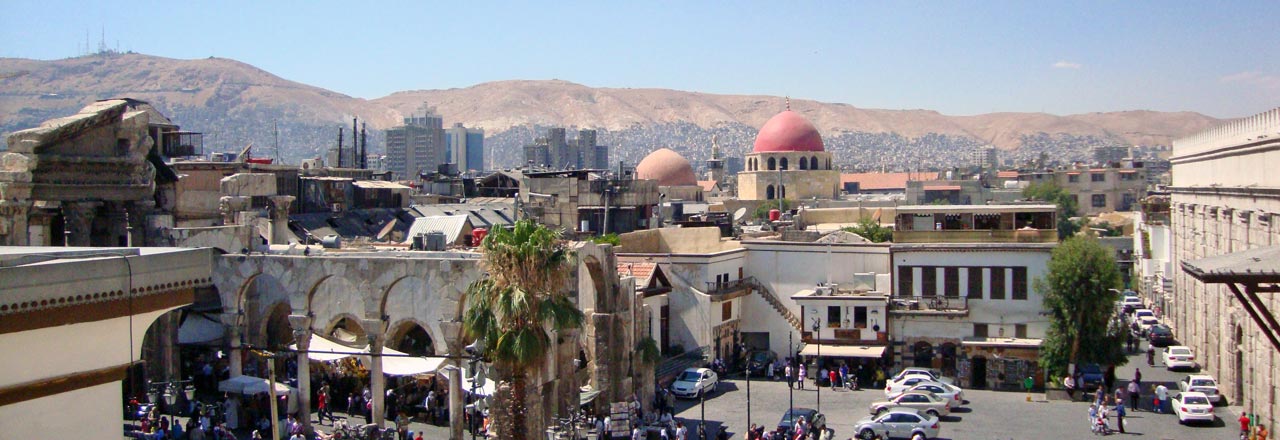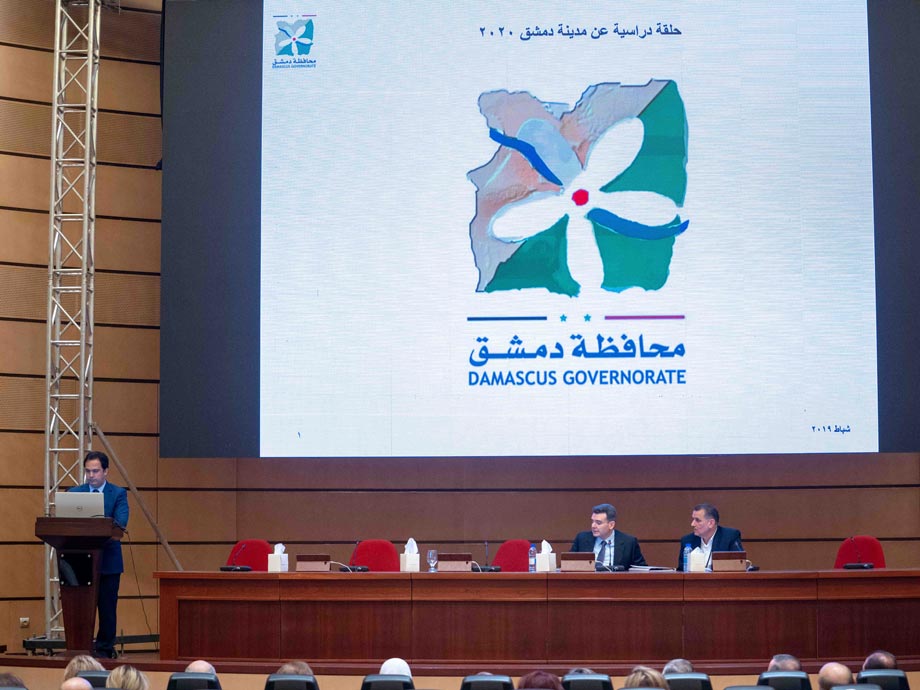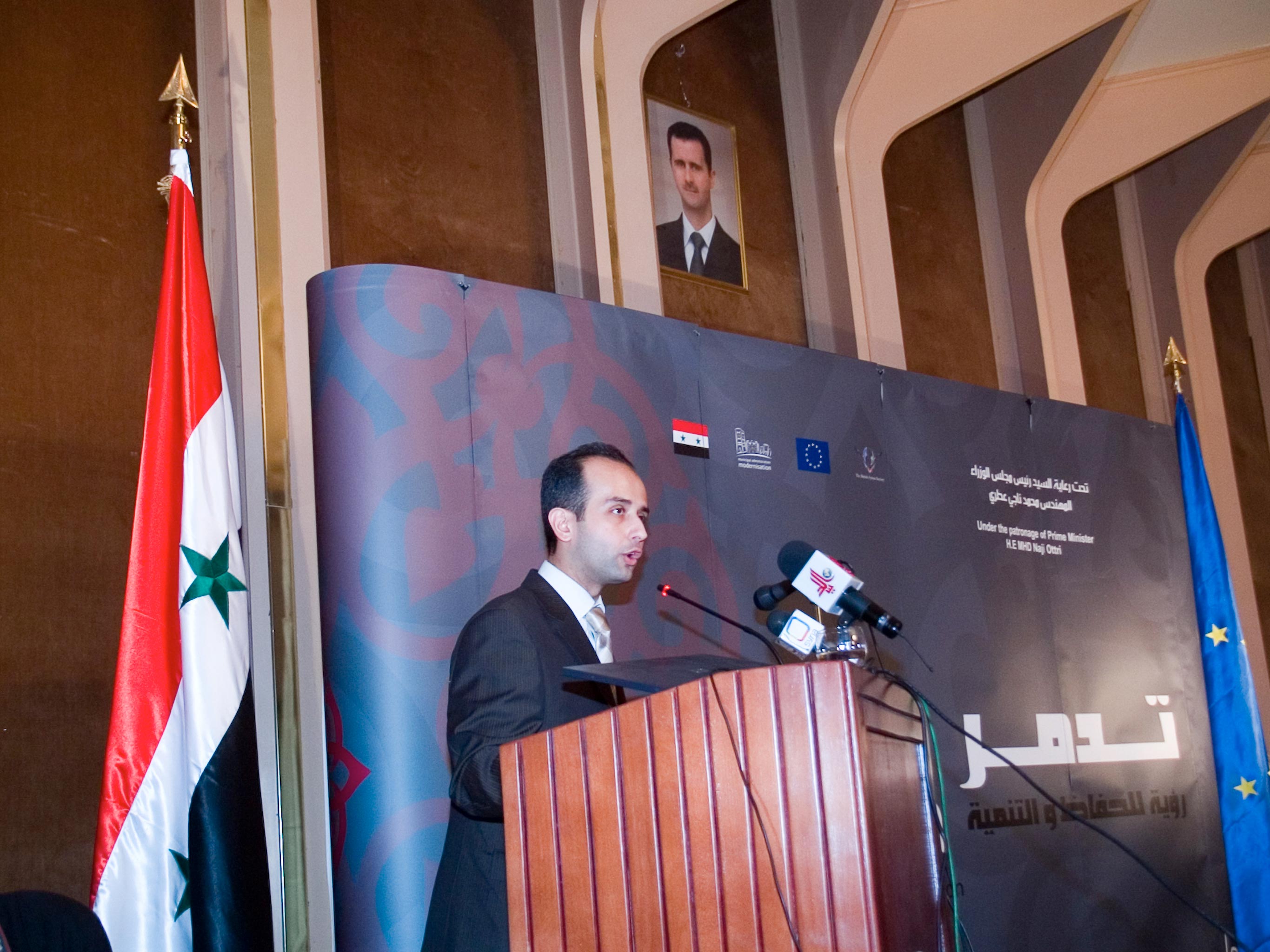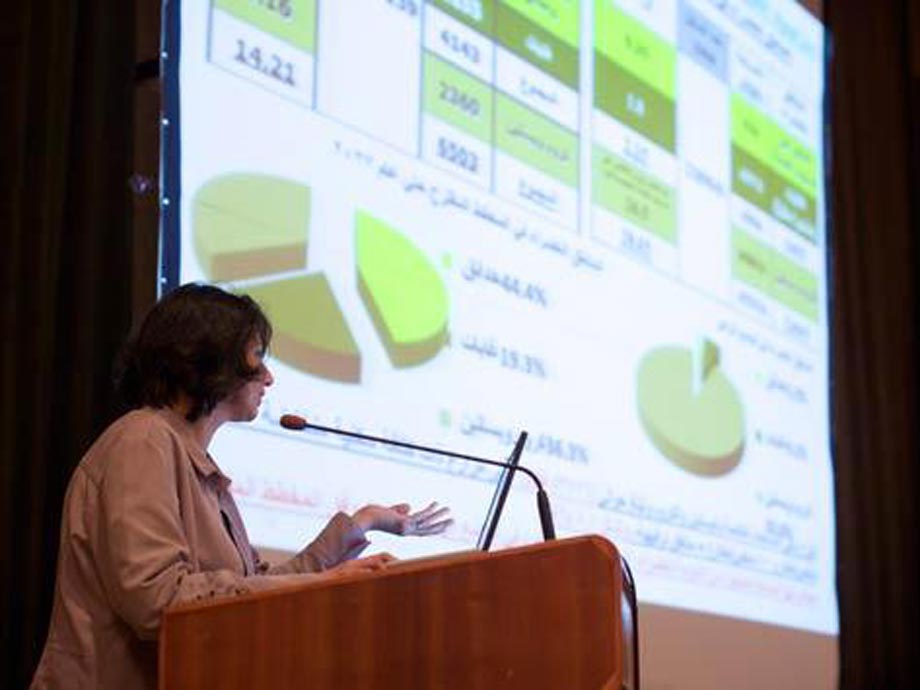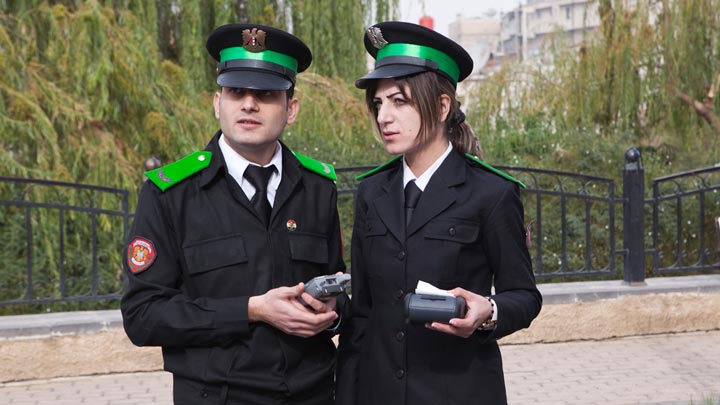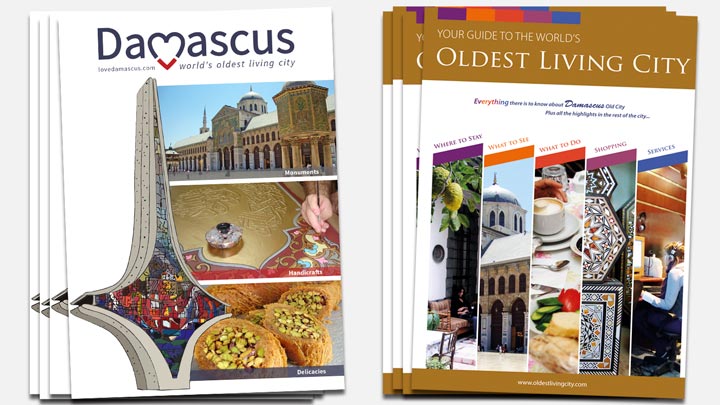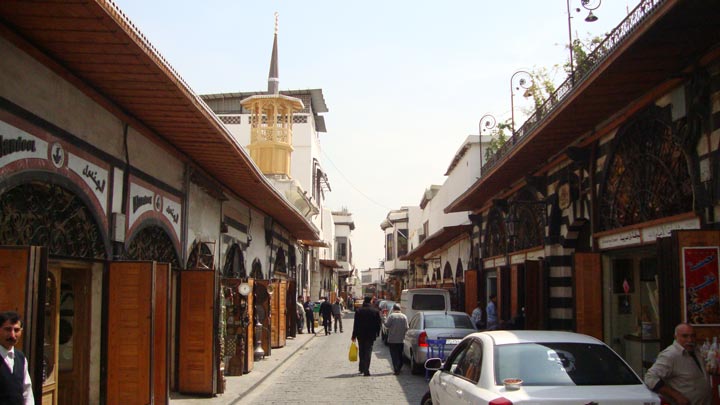Introduction
Entering the new millennium has proven to be a turning point in Syrian history. The essence of the previous few decades, both with its positive and negative aspects, seemed as though it was slowly fading away. The dawn of a new era brought with it relentless waves of globalization, and the simplicity and isolation of the previous years started to give way.
There is no doubt that the present and future will hold many opportunities for Syria, but along will come many threats that may very well irreparably damage the heart and soul of our exceptional country. Every sensible Syrian should expect change, but also every loving Syrian should make sure that it is a positive change, a change that will not bring economic prosperity on the account of our living environment.
Sustainable urban development in cities with high population growth rate is a challenge for the richest of countries, and it is beyond that for Syria. With this in mind, the Development Committee of the British Syrian Society has set its goals and objectives in promoting the culture of balanced development in Syria, and it is along these lines that this initiative has been put formulated.
The work on this initiative had started as early as 2005 with significant progress being achieved prior to the start of the war against Syria in 2011. Although many of its activities have come to a halt during the war, the British Syrian Society has resumed its developmental work through a series of conferences. The latest of these conferences covered the National Developmental Programme that took place at Damascus University in early 2019 and where discussions about the future of Damascus have arrived to the following outcomes.
Background
With a daytime population of more than five million people, Damascus is a prime example of Syrian cities where rapid population growth in the past few decades has caused some degree of deterioration in the quality of certain urban living conditions (Damascus had a population of around half a million inhabitants in the 1960s).
Like many other rapidly expanding cities, Damascus has suffered greatly from overwhelming pressure on its resources and infrastructure, and the strain has shown on many levels. Poor public transport systems, congestion of cars, high levels of pollution, reduced facilities for pedestrians, spreading of illegal settlements, shrinking of green areas and the loss of heritage buildings are just few examples of the problems faced by today's Damascus.
The British Syrian Society has played a vital role in addressing many of the urban planning issues which Syrian cities are facing today. A series of seminars were organised by the Society under the patronage of the Syrian Prime Minister to openly discuss important and sometime controversial issues surrounding the urban development in Syria.
The recommendations of these seminars, have all provided a set of very valuable guidelines for urban development. Consequently, the Oldest Living City initiative was launched to help follow up and facilitate the realisation of these recommendations through specific activities and pilot projects for the city of Damascus as a case study for other Syrian cities.
As the war in Syria subsided and the security of Damascus restored, the British Syrian Society dedicated a special session about the city in its latest conference about the “National Developmental Programme for Post War Syria” which took place in early 2019. As an outcome of this session, a set of work plans and projects have been identified and adopted by the Governor of Damascus as part of the governorate’s “Vision for Damascus 2020”.
Goals
The main goal of the Oldest Living City initiative is to help realise the recommendations of the British Syrian Society in the field of urban development, and particularly those of the latest 2019 Damascus case study outcomes, through specific activities and pilot projects for the city of Damascus as a case study for other Syrian cities. The initiative will also aim to highlight important issues regarding urban planning in Syrian cities, and seek to promote balanced urban and regional development in Syria.

